Barclays and four ex-bankers charged with 2008 fraud
Former chief executive John Varley and three other directors accused over crisis-era fundraising
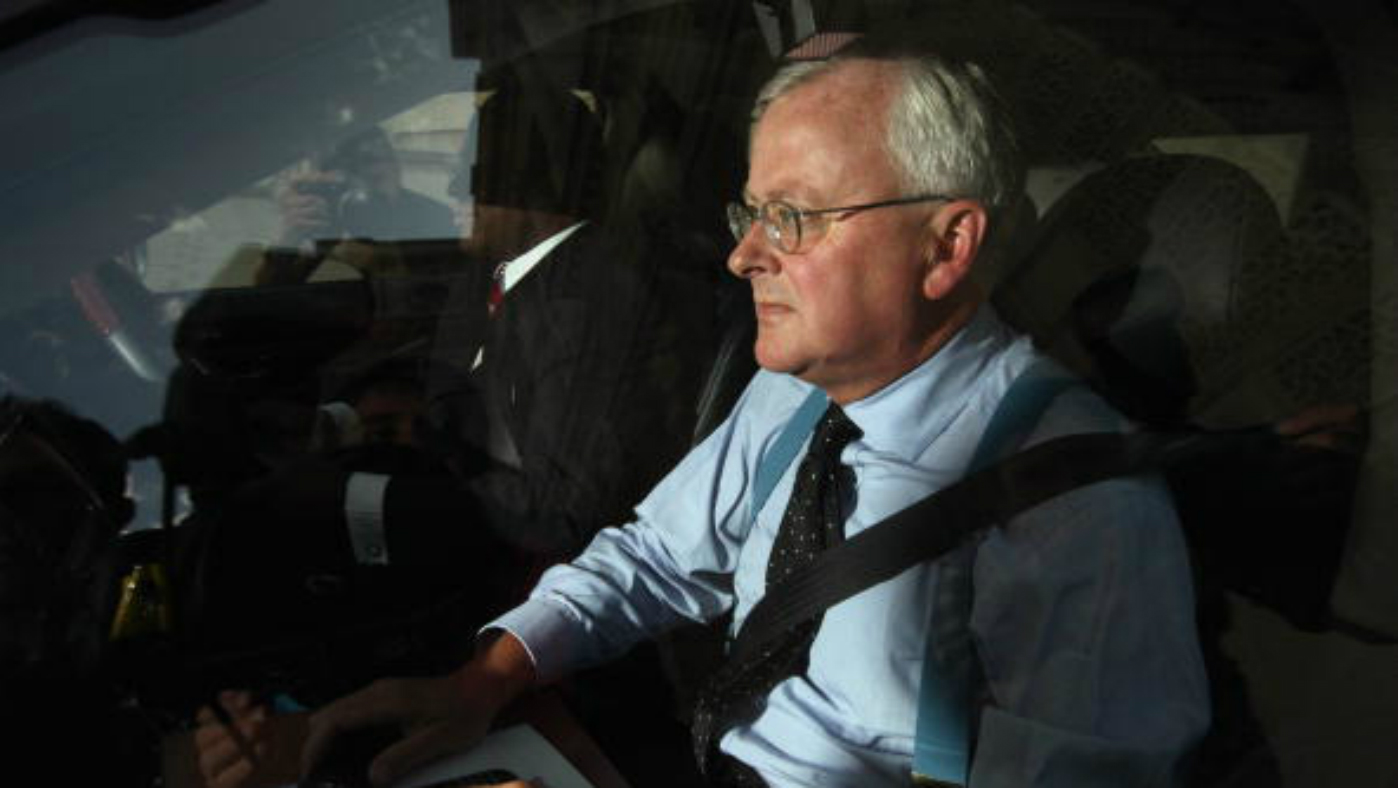
A free daily email with the biggest news stories of the day – and the best features from TheWeek.com
You are now subscribed
Your newsletter sign-up was successful
Barclays shares fall after bank slashes investor payouts
01 March
Barclays share price has nosedived this morning after it announced it would halve its dividend to investors over the next two years and sell its African subsidiary.
The fall comes as investors digest the bank's annual results, which showed profits had dropped sharply and that it was embarking on a radical restructuring, including abandoning activities in Africa, to boost comparatively weak capital reserves. Barclays will be reorganised around two units, comprising an investment bank with a presence in the US and a UK retail bank that will be fully ring-fenced to comply with incoming legislation.
The Week
Escape your echo chamber. Get the facts behind the news, plus analysis from multiple perspectives.

Sign up for The Week's Free Newsletters
From our morning news briefing to a weekly Good News Newsletter, get the best of The Week delivered directly to your inbox.
From our morning news briefing to a weekly Good News Newsletter, get the best of The Week delivered directly to your inbox.
"When the dust has cleared, the bank should have two high quality financial services divisions and the potential to offer investors a decent dividend, but it's going to take some elbow grease to get there," Jes Staley, the chief executive of Barclays, said in a statement as he delivered his first results since taking three months ago.
Barclays reported a net loss for the fourth quarter of £1.9bn, partly caused by a huge increase in its provision for compensating past mis-selling of payment protection insurance to £1.45bn. Its annual net loss extended from £174m in 2014 to £394m, with a return on equity of just 5.6 per cent at its investment bank also contributing to weak performance.
Even stripping out all costs and one-off items, underlying operating profit for 2015 fell by two per cent to £5.4bn.
But most critical for shareholder sentiment is the dividend cut. The Financial Times notes that while the bank has delivered on guidance of a full year 6.5p per share payout, it has advised this will fall to just 3p for the next two years as it seeks to boost capital reserves that are among the lowest in Europe.
A free daily email with the biggest news stories of the day – and the best features from TheWeek.com
Contributing to this will be the sale of its activities in Africa, where it owns a majority interest in an entity that has 45,000 employees across 1,267 branches in 12 countries. As it has to hold full capital reserves against the assets of the subsidiary in its capacity as owner, the disposal will boost reserves as a proportion of its remaining asset base by one per cent.
Shares in the bank had fallen ten per cent to less than 155p each by 10.50am.
The bank's fortunes stand in contrast to Lloyds, which last week also reported a drop in profit caused by new wrongdoing provisions but which actually upped its dividend and guidance on future payouts as a result of a stronger capital position. Its shares are up around 15 per cent since before the announcement.
Barclays backs down in battle with Serious Fraud Office
05 February
Barclays has backed down over a protracted battle with the Serious Fraud Office (SFO), part of a long-running investigation into the 2008 capital raising by the bank.
Investigators had been fighting for months and even submitted a court order last July to access documents relating to the £7bn fundraising deal, in particular the £322m in advisory fees Barclays paid the Qatar Investment Authority. The Qatari sovereign wealth fund participated in the deal and there are accusations that it did so using money lent by the bank.
Barclays had argued the requested documents were subject to legal privilege, meaning they were probably to do with legal advice received at the time, which can remain confidential unless they are directly related to the case at hand.
SFO director David Green has hit out at the use of privilege and said in a speech last year the claims would need to be tested, notes The Times.
Barclays is fighting on a number of fronts over the 2008 capital raising, which allowed it to avoid a government bailout. Investors claim the way the fundraising was handled meant they were given misleading information on the nature and scale of its financial position and last week, it was revealed that Amanda Staveley, a financier on the deal, is suing the bank for between £700m and £1bn.
The Financial Conduct Authority has already set out its intention to fine the bank £50m for "reckless conduct", which is being contested and on which the watchdog cannot act until the SFO case is resolved. The release of the documents therefore makes it likely the fine will be handed down formally soon, but the bank could still appeal.
Barclays shares dipped in early trading today but by lunchtime, were up around 0.5 per cent to 174.5p.
Barclays hit with £49m 'dark pool' penalty
01 February
Barclays has been ordered to pay $70m (£49m) in fines, after the New York attorney general's office found it had misled investors about its "dark pool" trading operations.
The bank will also have to admit it "violated securities laws and agree to install an independent monitor to ensure that its dark pool 'Barclays LX' operates properly in the future", The Guardian says.
What is dark pool trading?
Dark pool operations are designed to allow investors to trade large blocks of shares while remaining anonymous to negate any market-moving affect the deals might have. The details of the transactions are kept private until the trade has been completed.
"Dark pools have a significant role in today's equity marketplace and the firms that run these venues must ensure they do not make misstatements to subscribers about their material operations," says Andrew Ceresney, the director of the Securities and Exchanges Commission's enforcement division.
What did Barclays do wrong?
New York attorney general Eric Schneiderman first levelled accusations against Barclays in 2014, saying the bank had engaged in "a systematic pattern of fraud and deceit" by operating its dark pool trading in a manner that benefitted certain high-frequency traders.
What about other banks?
Credit Suisse is "likely to pay" a large penalty as well, says the BBC [2]. The bank faces a $60m (£42m) fine split between the regulators plus an additional $24m (£16.8m) in disgorgement to the Securities and Exchanges Commission for executing 117 illegal "sub-penny orders" out of its dark pool, Crossfinder.
Who will receive the money?
The Barclays fine will be split evenly between the Securities and Exchange Commission and New York state, Reuters reports.
Barclays sued for as much as £1bn by financier Amanda Staveley
29 January
Barclays is facing a lawsuit which could cost them as much as £1bn over its capital call on Middle East investors in 2008.
Deal-maker Amanda Staveley has lodged a claim against the bank in the High Court this week, the Financial Times reports. It suggests the claim is worth "nearly" £1bn and that the bank has "confirmed that it [turns] on its capital call at the height of the financial crisis".
The multi-billion pound fundraising effort, undertaken to prevent the bank needing a government bailout, has been a source of contention for regulators and shareholders. It has "resulted in a contested £50m fine from the financial regulator and a parallel… criminal probe by the Serious Fraud Office", says the FT, amid allegations Barclays lent money to Qatari backers that were then used in the financing.
Staveley's firm, PCP Capital Partners, was involved in the deal, representing Dubai-based investors, notes the Daily Telegraph. The newspaper says sources had indicated the estimate of as much as £1bn for the suit is "wide of the mark" and the claim is worth closer to £700m.
It continues that Staveley is "alleging she is owed the monies as a result of her involvement" in the cash-call and is understood to be setting herself up as an investor rather than an adviser on the deal. Sources close to her said "details contained within the particulars of claim would be troubling for the bank", while Barclays itself has stated the legal action is "misconceived and without merit".
Amid a wider market rally, Barclays shares were up two per cent this morning to 182p.
Barclays to shed another 1,000 investment banking jobs
21 January
Barclays' new chief executive Jes Staley is carrying on where his predecessors left off by making hefty job cuts in the high street lender's investment banking arm.
Around 1,200 jobs will go in total, adding to a reduction in headcount of 7,000 announced by previous boss Anthony Jenkins in 2013. Among a range of regional closures, the bank is ending its cash equity trading activities across the whole of Asia.
"Barclays will shut its investment banking businesses in Australia, Indonesia, Malaysia, Philippines, South Korea, Taiwan and Thailand… with those markets to be covered from financial hub cities in their respective regions," says Reuters. Offices in central and eastern Europe and South America will also be closed, with activity routed back through the London head office.
The Financial Times says around 230 positions will be lost as a result of Barclays "shutting cash equity research, sales and trading as well as convertible bond trading businesses across all Asian countries".
Global banking groups are finding the going tough at the moment, with the financial scars still healing and markets highly volatile again amid worsening sentiment on the global economy. "Ten of Europe's biggest lenders have announced 130,000 job losses since June," Reuters notes.
Of the larger UK banks, Barclays is seen by investors as among the most exposed, perhaps as a result of its low margins and high costs relative to its peers. Over the last three months, all of the top four high street lenders have seen their shares plunge, but Barclays is leading the way with a precipitous slump of 25 per cent.
Investors seemed to welcome the unconfirmed cutbacks today. The stock was up two per cent at 185.8p.
-
 The ‘ravenous’ demand for Cornish minerals
The ‘ravenous’ demand for Cornish mineralsUnder the Radar Growing need for critical minerals to power tech has intensified ‘appetite’ for lithium, which could be a ‘huge boon’ for local economy
-
 Why are election experts taking Trump’s midterm threats seriously?
Why are election experts taking Trump’s midterm threats seriously?IN THE SPOTLIGHT As the president muses about polling place deployments and a centralized electoral system aimed at one-party control, lawmakers are taking this administration at its word
-
 ‘Restaurateurs have become millionaires’
‘Restaurateurs have become millionaires’Instant Opinion Opinion, comment and editorials of the day
-
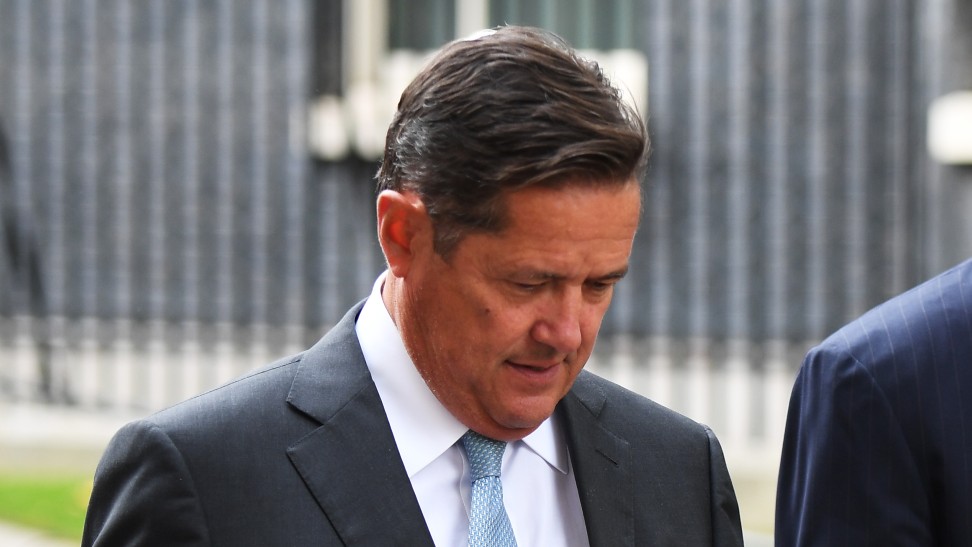 Why Barclays CEO Jes Staley stepped down over Jeffrey Epstein investigation
Why Barclays CEO Jes Staley stepped down over Jeffrey Epstein investigationIn the Spotlight Cache of emails between the two men prompted probe by UK regulators
-
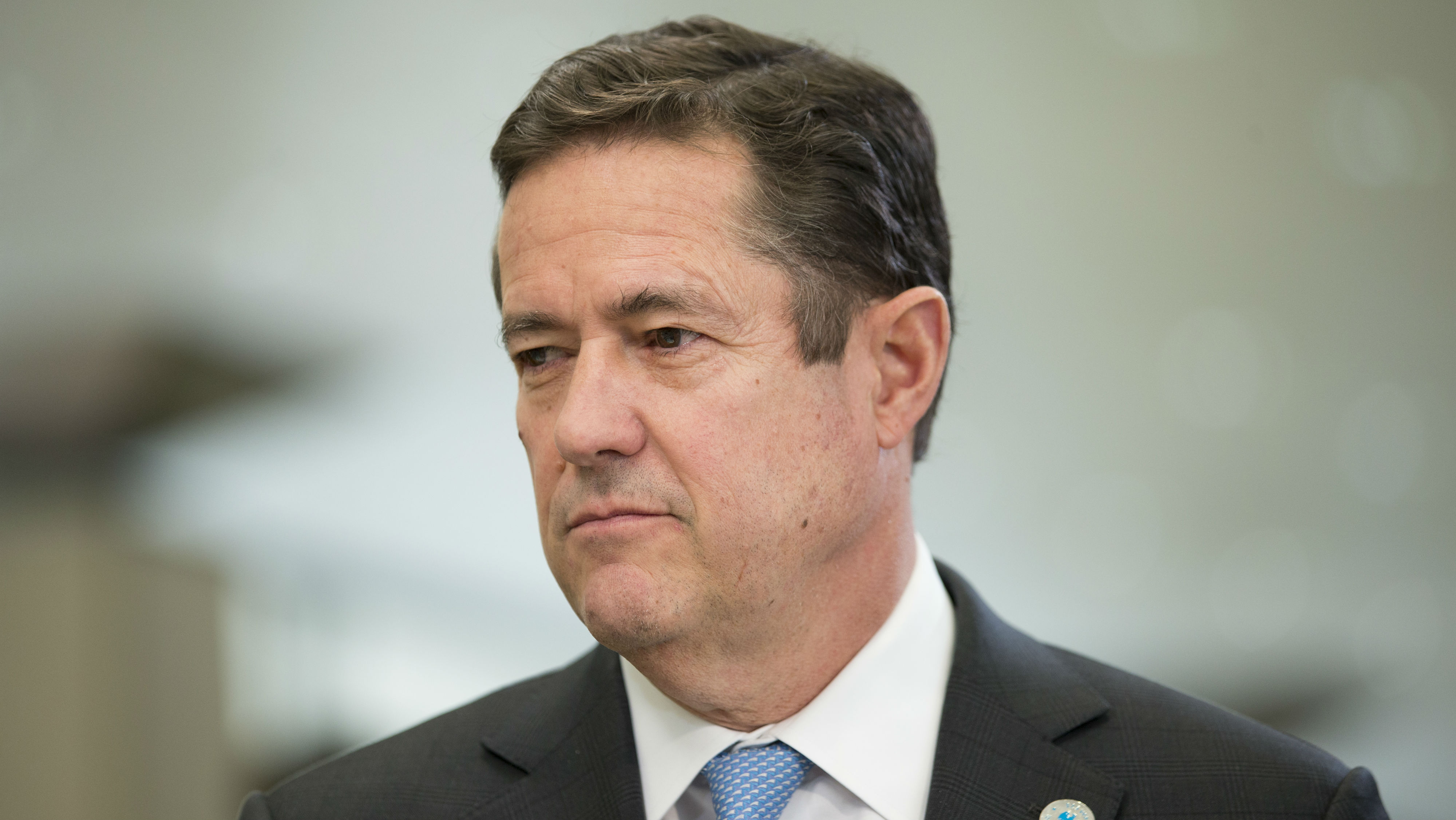 Jes Staley: how Barclays boss is involved in Epstein scandal
Jes Staley: how Barclays boss is involved in Epstein scandalIn Depth Chief executive says he now ‘deeply regrets’ friendship with paedophile financier
-
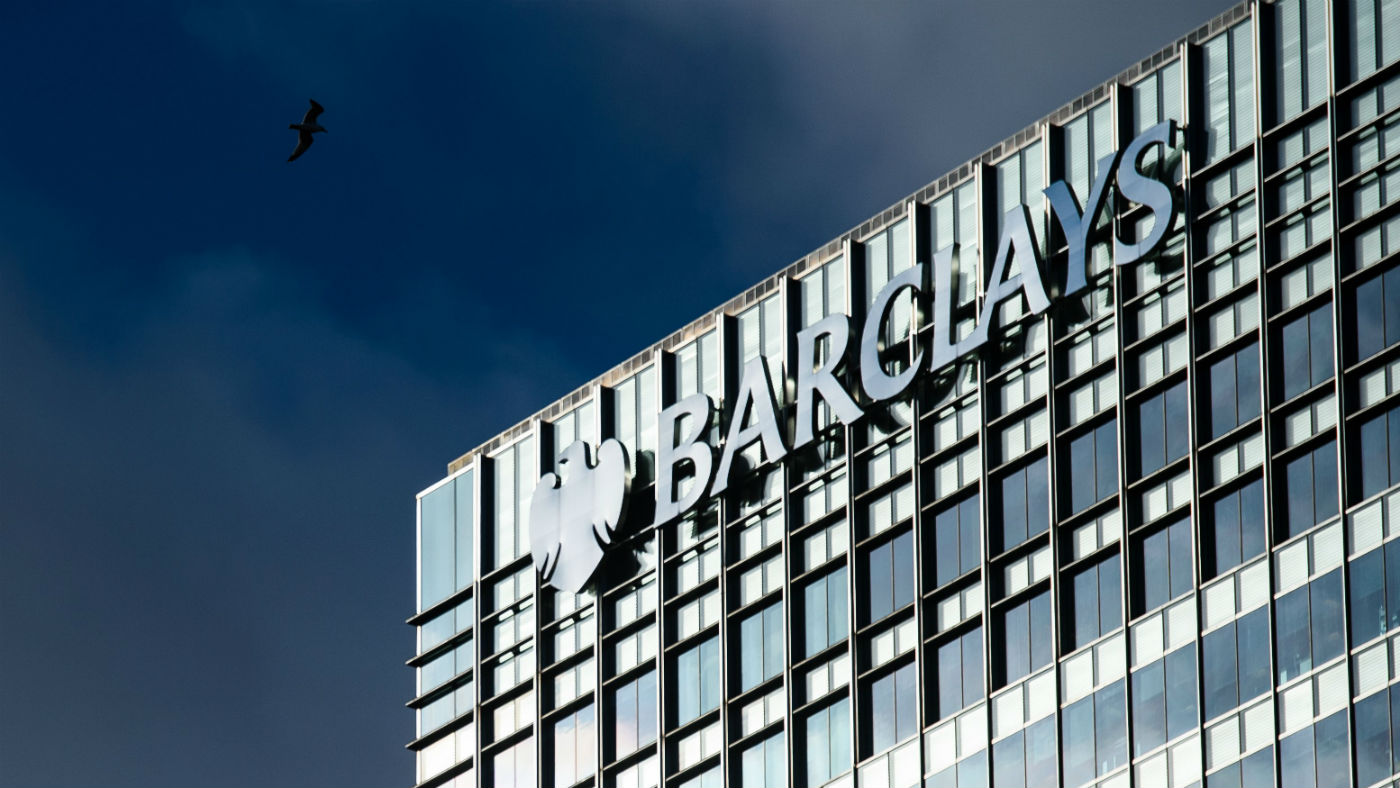 Barclays and RBS among banks to face £1bn forex lawsuit
Barclays and RBS among banks to face £1bn forex lawsuitSpeed Read Action follows European Commission ruling that lenders had broken EU competition law
-
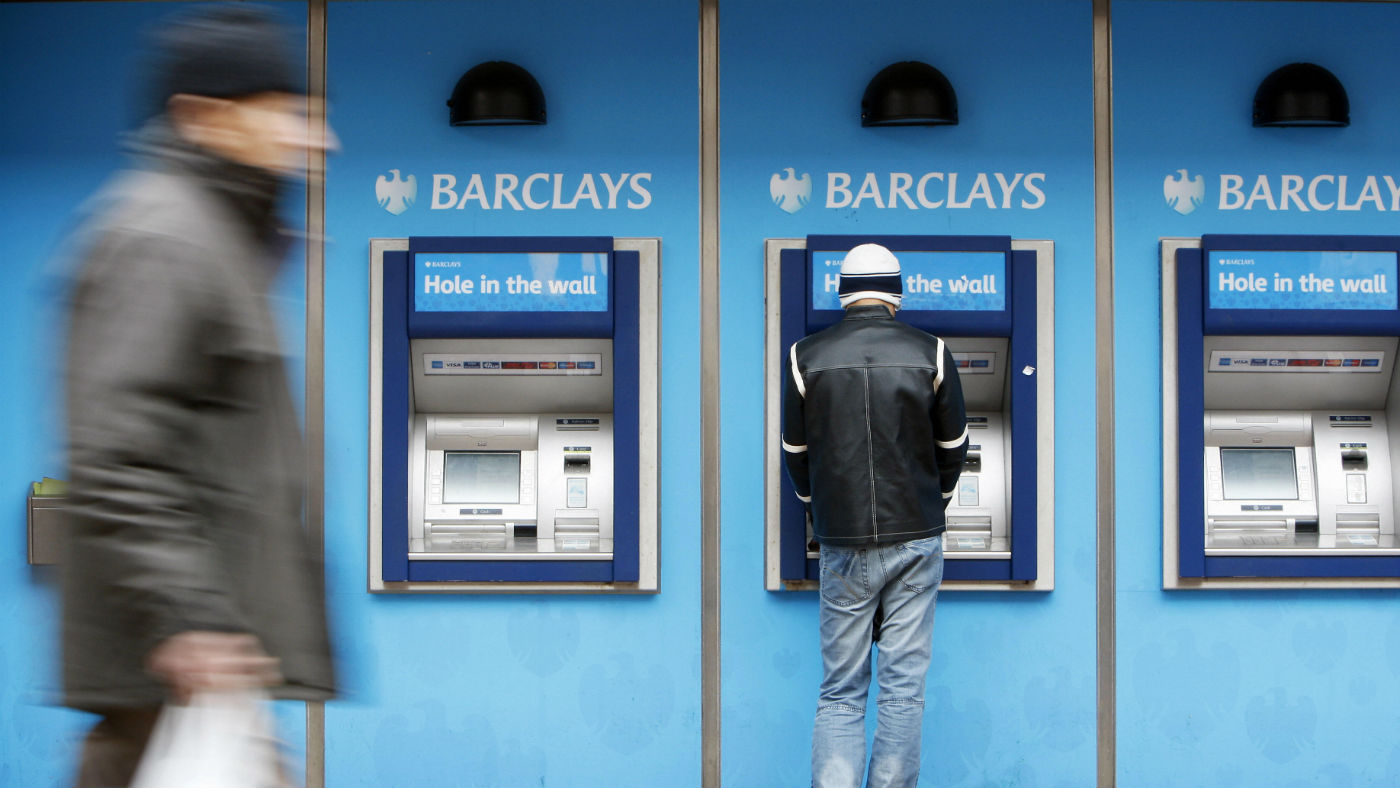 FBI warns cash machine global cyber-attack imminent
FBI warns cash machine global cyber-attack imminentSpeed Read British banks have been warned their ATMs could be mass-hacked by cyber criminals ‘in the coming days’
-
 Barclays’ Qatar bailout charges dismissed
Barclays’ Qatar bailout charges dismissedSpeed Read Serious charges thrown out, in a ‘major setback’ for the Serious Fraud Office
-
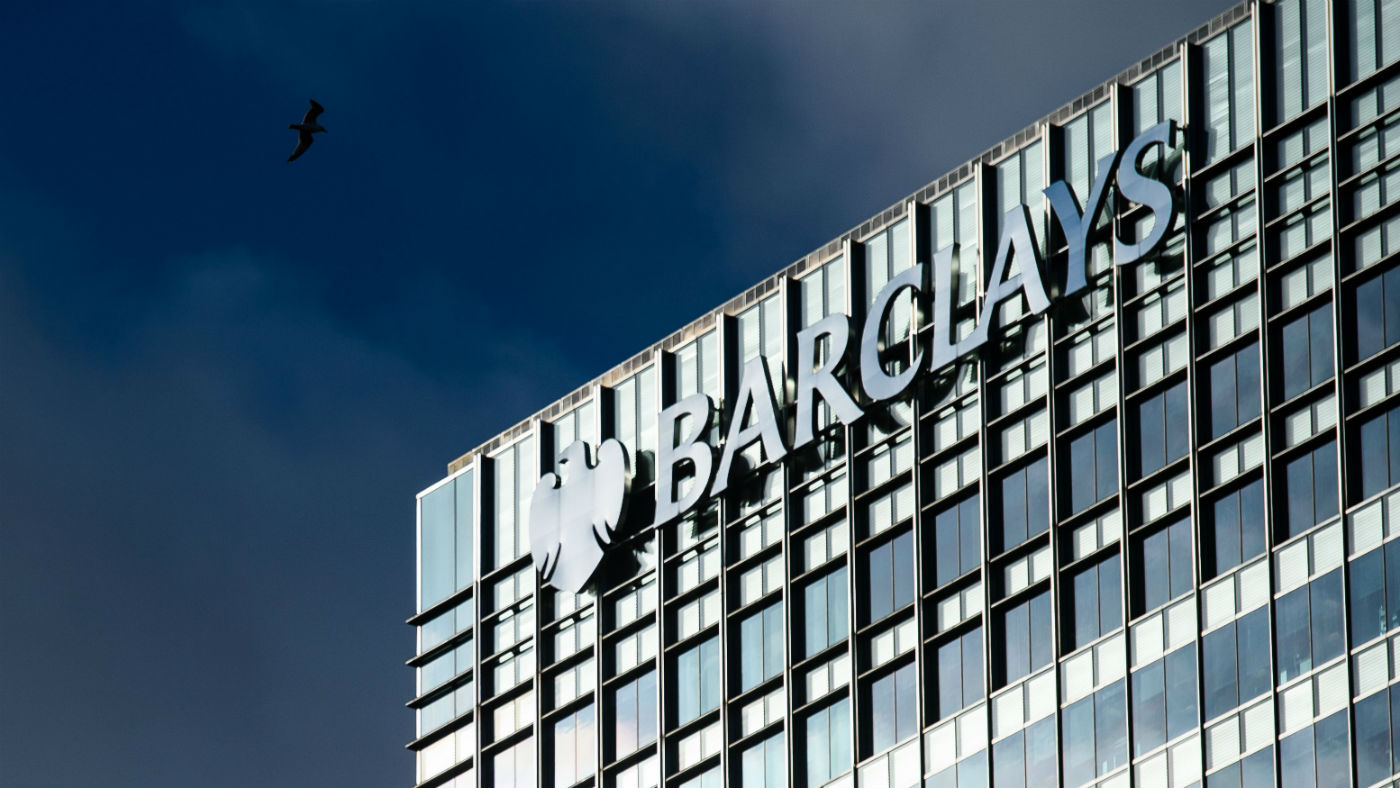 Barclays Bank charged over Qatari loan
Barclays Bank charged over Qatari loanSpeed Read Serious Fraud Office allege 2008 bailout money was used to provide ‘unlawful financial assistance’
-
 Barclays hit by £38m fine for putting clients' money 'at risk'
Barclays hit by £38m fine for putting clients' money 'at risk'Speed Read FCA dishes out biggest fine ever after Barclays failed to keep clients' assets separate from its own
-
 Dark pool fraud: what is Barclays accused of?
Dark pool fraud: what is Barclays accused of?In Depth US authorities allege 'disturbing disregard' for investors in Barclays 'dark pool fraud'